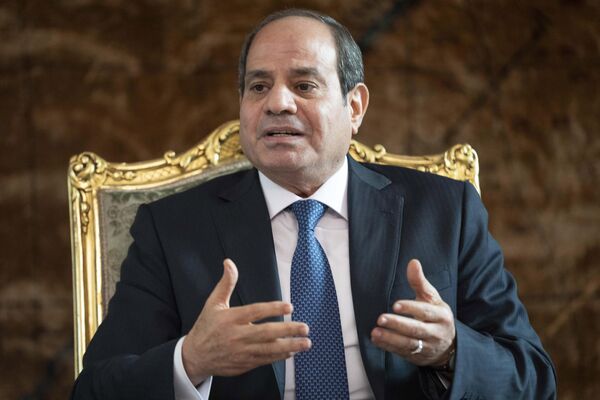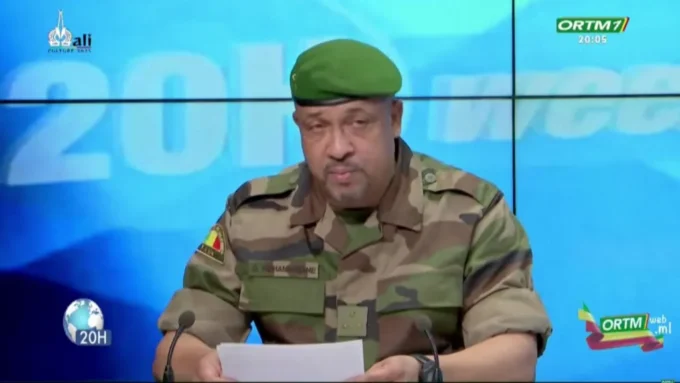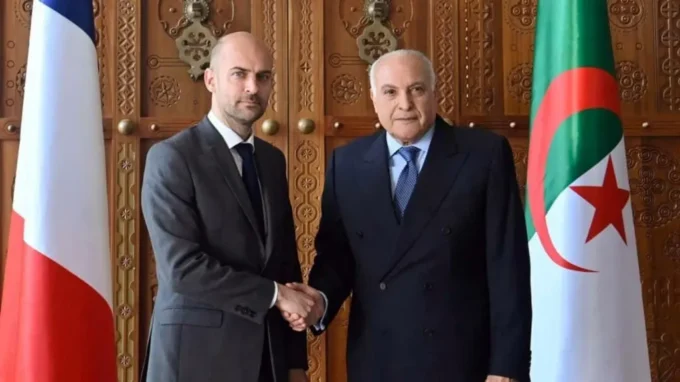Egypt’s President Abdel Fattah al-Sisi has signaled that Cairo may reassess its financial assistance agreement with the International Monetary Fund (IMF) in response to escalating regional pressures and mounting public discontent over economic austerity measures. The $8 billion IMF-backed program, initiated in March, mandates significant fiscal adjustments, including cuts to electricity and fuel subsidies, as part of a broader economic restructuring. Yet, as Egypt faces economic and security challenges, al-Sisi has suggested that a reassessment may be essential to stabilize both the economy and public sentiment.
Economic Strain Exacerbated by Regional Security Concerns
The program with the IMF is a critical part of Egypt’s economic stabilization strategy, focusing on subsidy cuts and structural adjustments designed to reduce debt and promote fiscal sustainability. However, recent instability in the region, particularly the disruptions in the Red Sea, has heightened Egypt’s economic concerns. Attacks by Yemeni Houthi forces along the Red Sea have diverted trade routes and negatively impacted shipping through the Suez Canal—a vital economic artery for Egypt, generating around $7 billion in annual revenue and accounting for a substantial portion of the country’s foreign currency reserves.
President al-Sisi has highlighted that these regional challenges have compounded domestic economic pressures, urging the IMF and other international financial organizations to recognize Egypt’s unique situation. “The programme we have agreed upon with the fund … if this challenge will hurt public opinion, that people cannot bear it, we must re-evaluate our situation,” al-Sisi emphasized. His comments underscore the government’s awareness of public grievances and the possible risks associated with imposing further economic burdens on a population already grappling with rising costs.
Rising Inflation and Energy Price Hikes
Domestically, Egypt’s cost-of-living crisis has become a focal point for the government and citizens alike. On Friday, the government implemented its third price hike on petroleum products this year, raising gasoline and diesel prices by 11% to 17%. The steep increases reflect Egypt’s commitment to IMF-mandated subsidy reductions but have contributed to public frustration as prices for essential goods continue to climb. Local newspaper Youm7 reported widespread concern over the impact of these fuel hikes, which are expected to further elevate transportation and food costs.
Moreover, food price inflation remains a significant concern. The 300% rise in subsidized bread prices, effective June 1, has had a particularly harsh impact on lower-income households, who rely on government support for essential food items. This adjustment led to a 30.8% year-on-year increase in food and beverage inflation and a 3% month-on-month jump. Bread, a staple in the Egyptian diet, has long been a highly sensitive issue in Egypt, where subsidies for basic food items have historically mitigated poverty and promoted social stability.
IMF Program: Balancing Economic Reform with Public Tolerance
While the IMF agreement aims to stabilize Egypt’s economy in the long run, implementing austerity measures within a highly strained public environment presents a challenge. With a population of over 100 million, Egypt faces the dual challenge of managing public expectations while pursuing a reform agenda that requires difficult sacrifices. However, al-Sisi’s recent statements suggest that the government may be willing to adjust the pace or scope of IMF-mandated measures to preserve social stability and avoid exacerbating public dissatisfaction.
Experts note that Egypt’s economic challenges are part of a broader regional trend in which several Middle Eastern and North African countries are contending with high inflation, debt, and external security threats. Despite these pressures, Egypt’s unique geostrategic role and its reliance on the Suez Canal for revenue place it in a precarious position. To mitigate these risks, Egypt’s leadership may seek to renegotiate certain terms within the IMF agreement, potentially focusing on easing timelines for subsidy cuts or seeking additional external support to cushion the impact of austerity.














Leave a comment